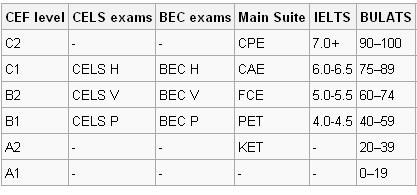IELTS Letter, topic: Explanation of delayed first working day
You successfully passed a job interview. You are expected to start on November 15, but you will not be available on that date.
Task: Write a letter to your new boss, explaining your situation, expressing your concern and suggesting solutions.
Dear Mr Goode,
I am writing to inform you that I won’t be able to start work on November 15, as agreed during my recent interview with you.
The reason I can’t start my work my mother has down the stairs yesterday. As, I am the only daughter and there are no other relatives that are able to look after my mother, I have no but to go back to look after her. According to the doctors it will take about two weeks for her to be able to walk and take care of herself again.
Once again, I’m very sorry for the inconvenience and thank you for your understanding.
Yours sincerely,
S. Chua.
This is a good letter. It covers the task, has a good structure, the paragraphs are coherent. There are several grammatical errors (see comments underlined in blue) and a poorly structured sentence that needs improvement (it starts with “I apologize for all the inconvenience”). Overall, this looks like a band 6.5 letter – some improvement to grammar could take it to Band 7.
Click here to see more IELTS letters of band 7



